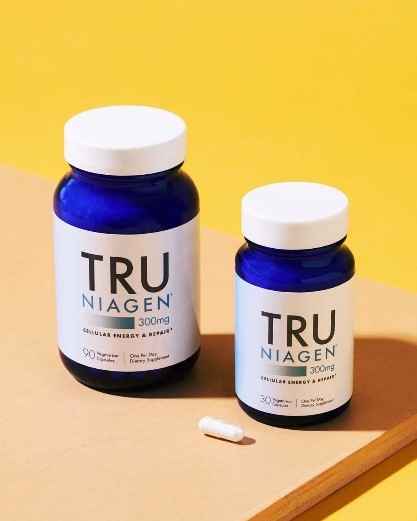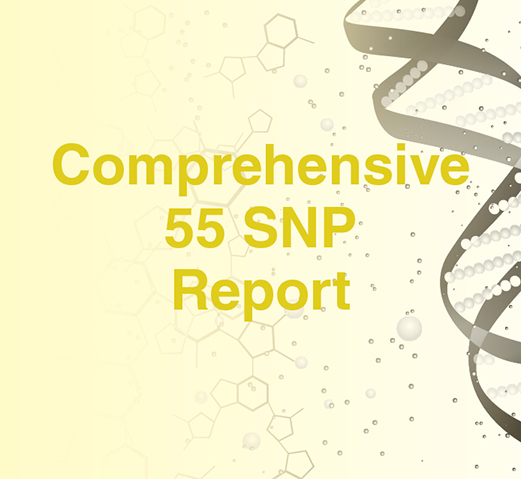Category: Articles

Can you Avoid this Invisible Danger?
By Mila McManus, M.D. Recently, several of my staff members and I participated in a five day educational summit about the health crisis that is emerging as a result of electropollution and the magnitude of the 5G implementation around the world. Electropollution, also known as electromagnetic radiation, or EMF, has increased exponentially over the years and…
Read More

GX Sciences Pro 7 Nutrigenomic Testing
Fagron* is proud to introduce the most comprehensive nutrigenomics test available to validate your specific nutritional supplement needs. The scientific study of individualized genetics and nutrition is known as nutritional genomics or “nutrigenomics”. Nutrigenomic testing accurately identifies each patient's genetic protein variations to identify sites of metabolic weakness. These key proteins are involved in enzyme…
Read More

Take Charge of Your Health
We believe in empowering you to be an active participant in your health journey. With our guidance, simple lifestyle adjustments can yield profound results. Let us be the bridge to a healthier, happier you.
SCHEDULE AN APPOINTMENT

